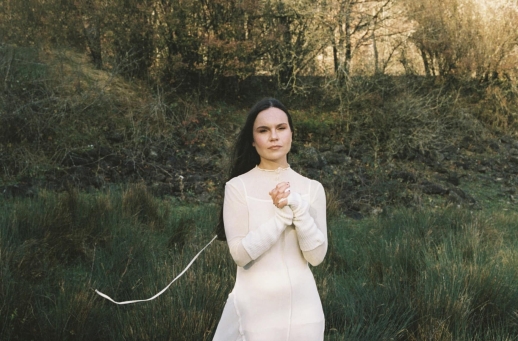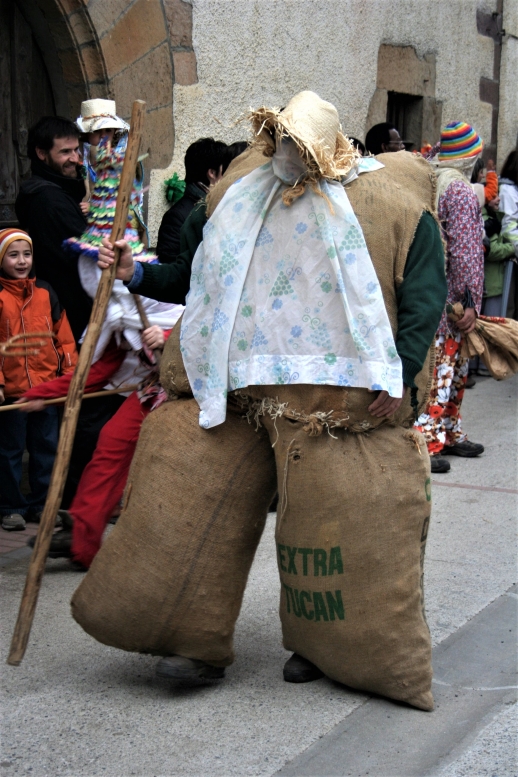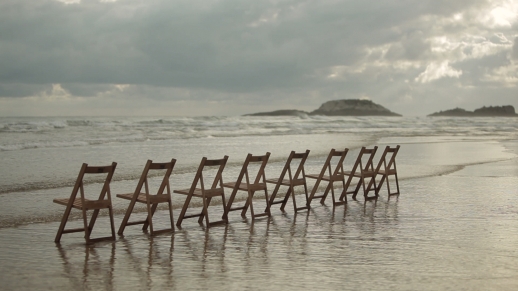Within the context of live performance in the Basque Country, tradition constitutes an inestimable source of inspiration for contemporary creators. It is where many of us draw our inspiration in developing new texts. We develop contemporary Basque artistic creation on the basis of traditional culture. And this is an approach repeated in every artistic sphere. It seemingly reflects our desire to proclaim the singularity and vitality of Basque culture, and also to preserve it.
Tradition vs creation: perspective on contemporary creation based on Basque tradition
22 Oct 2024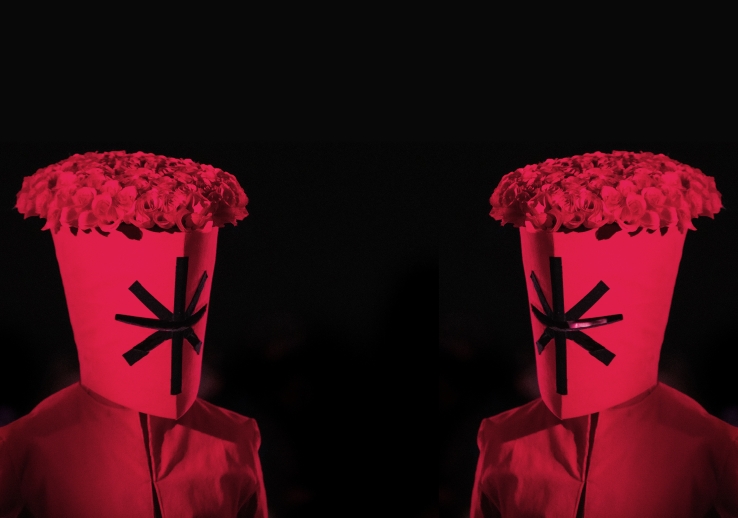
The neighbourhood as an example
The neighbourhood provides the best example. We often hear that a neighbourhood "has retained its identity". And so identity is something that can be retained, and thus something that can be lost, or that we can defend against threats of destruction. In the case of a neighbourhood, this is a territory which could be absorbed by the surrounding urban mass, which would change its identity, in other words its inherent characteristics, its local residents, and the ties between those residents and life in the neighbourhood in question. What would become of the neighbourhood if it lost its identity? Would it change? Would it disappear? Or would it continue to exist, but in some other way, watered down within its surrounding context?
What ultimately matters is to know how to retain our inherent identity and culture if the surrounding context changes. By changing them? But if we change our identity in order to adapt, it is no longer the same. And if it is no longer the same, it has been lost…
This is the complex question we pose ourselves in the Basque Country. On the one hand, constant demographic evolution threatens the existence of an ancestral language, a way of living, dancing and singing; the existence of traditions. On the other, cultural globalisation raises a challenge for the ideas and work of Basque artists: the challenge of cultural diversity.
Just like a neighbourhood, Basque culture, its dances, its music, its rituals, run the risk of disappearing. I pose myself all these questions when creating a show. How can one preserve our traditional culture in the contemporary world? By fitting in with the focus of contemporary creation? And then, what happens with the created culture? Does it remain Basque culture? Can we consider contemporary creation based on traditional culture without producing it?
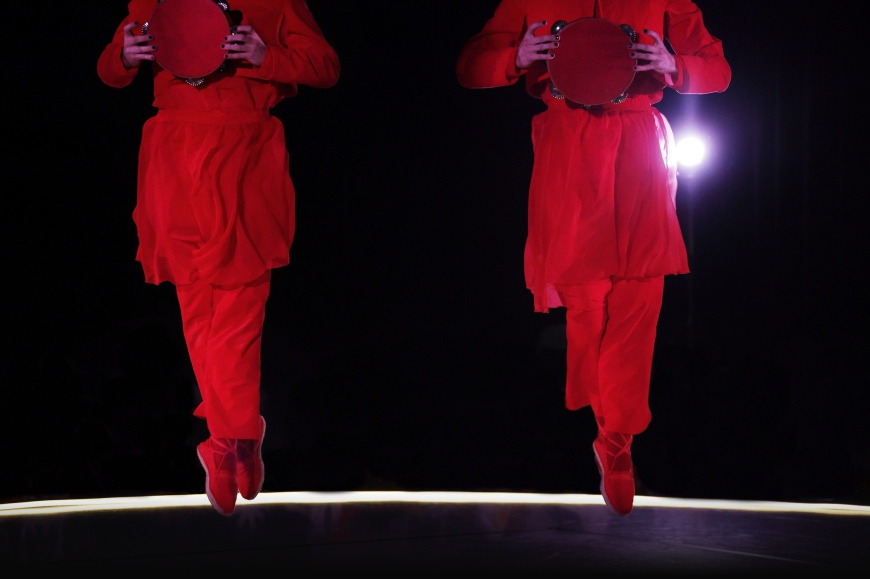
Tradition, betrayal
The meaning of the term "tradition" casts a little light here. Tradition is the set of practices, customs, doctrines, opinions, costumes, etc., transmitted over time. Which means that we belong to that process of transmission, a movement which is thus dynamic.
The term "tradition", or the act of transmitting a memory to new generations, comes from the Latin verb "tradere", which means "to pass on to another person, to give, to hand over". In the Romance languages, tradere also provides the root of the words for translation ("to transmit a message in another language"), as well as giving us "betrayal" ("to place something in the hands of another").
As artists inheriting Basque artistic tradition, we transmit our traditions through time, taking into account the world in which we live, our influences, our perception… We are inevitably an agent in the process of translating, and unfortunately betraying our traditions.
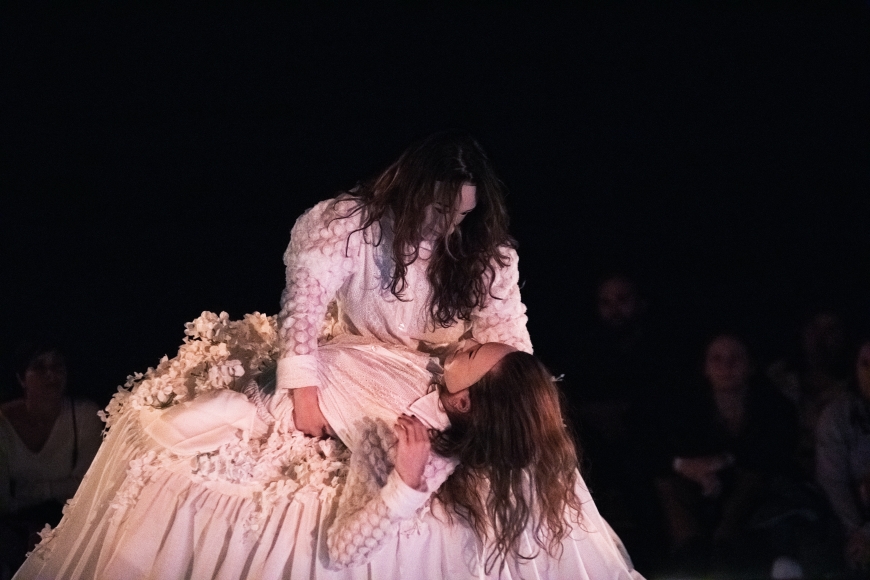
“Activate”, rather than “defend”
I personally prefer the concept of "activation" over a defensive reflex. To keep Basque culture alive, we should activate its resources.
But in order to create on the basis of Basque culture, artists must master its codes, its foundations. Contemporary Basque creation relies on all that makes up the soul of the Basques, and aims to extend its expression. It cannot, then, be taken lightly. Artists must inevitably be familiar with traditional culture, understand all the subtleties of folk art, assimilate the way of moving and thinking, savour the nature and the context of any given practice, feel what it is that binds humanity together.
Only then can one create, invent a work, a song, a dance which had never before existed, but is immediately inscribed within that way of acting and thinking which is handed down from generation to generation. Not by aiming to "protect" or "defend" a static culture, but trying to activate a living culture. In the words of the writer, poet and philosopher Valéry: “True tradition is not copying what others have done, but finding the spirit that enabled those marvels, and that will enable others in the future”.
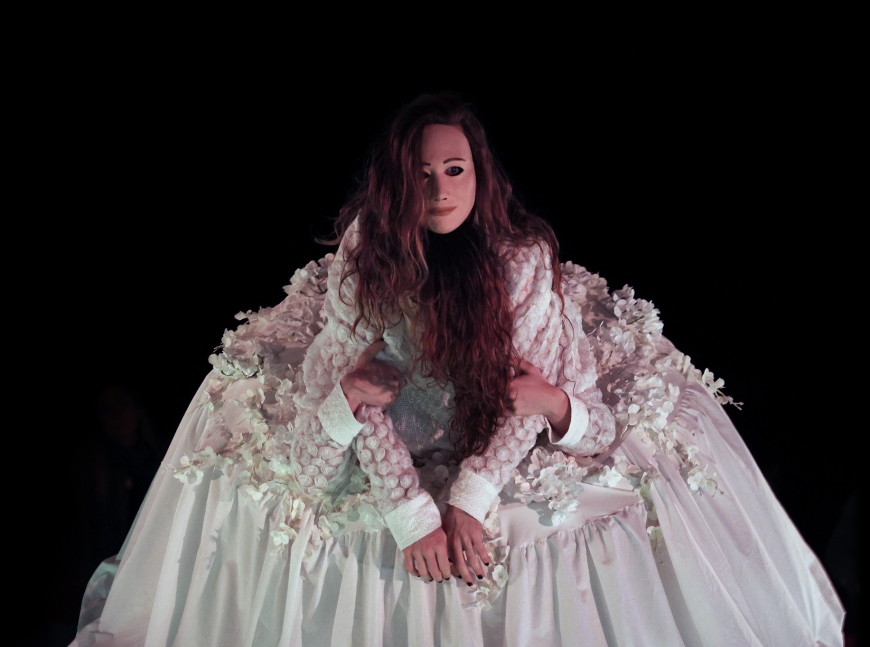
The other and the "intermediate space"
The meeting point with the other and the fusion of aesthetics forms part of the creative process, although it may jeopardise the singularity of traditional culture. In a multicultural context and an interconnected world, it is clearer than ever that traditional culture is transformed through contact with external influences, new ways of thought which inevitably shape artists and creators. After all, do we not always say that the Basque Country is a land of transit and encounters?
Going out in search of the other means going out in search of oneself. Learning about the other allows us better to understand ourselves. Johann Wolfgang von Goethe said that “those who know no foreign languages know nothing of their own language”.
It is this capacity to decentralise ourselves which allows us to learn about ourselves. By positioning us within this "intermediate space" between self and other, we understand the truth about our own identity. In response to globalisation, the “creolisation” thinker Édouard Glissant invites us to free ourselves of the representation of a pure origin: “A single root kills all that surrounds it. The identity-relationship offers infinite opportunities”. “We change through our relations with others, without losing ourselves or our nature ”.
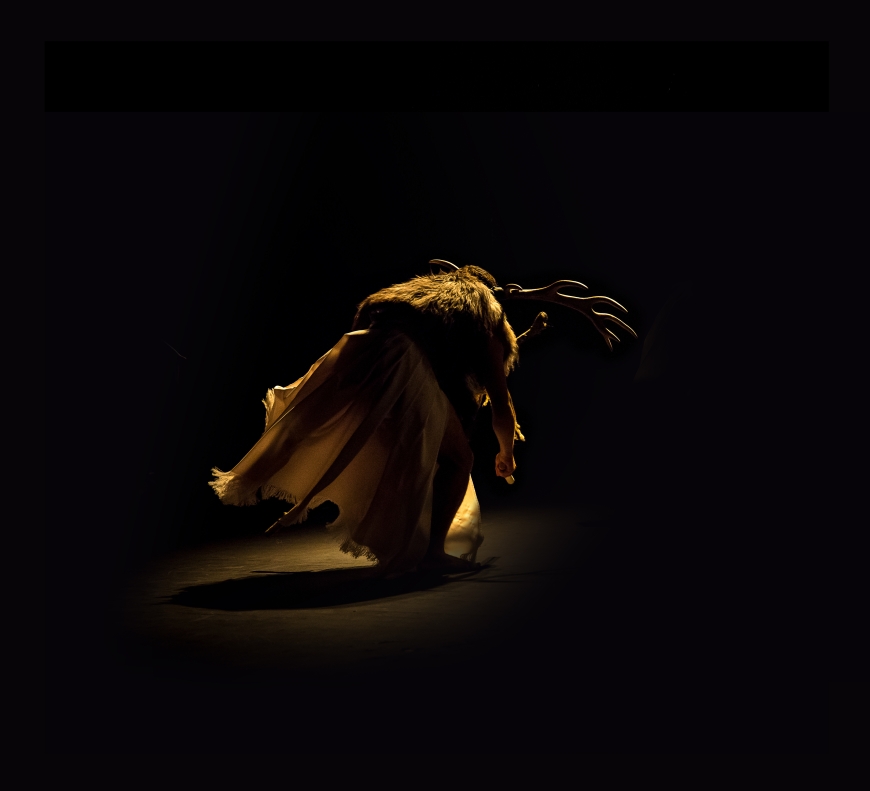
Conclusion: reject this opposition
With our traditional (not traditionalist) Basque culture we enjoy a privileged position to draw inspiration from the most beautiful things in the world. Could Artze create his poems, Mikel Laboa his music, or Kukai Dantza their dances without understanding Basque oral culture, and at the same time the great artistic movements of the world? We are Basques in an intimate relationship with the world.
I refuse to set tradition against creation. Tradition is a creation that has journeyed through time. We are always in the present and in the beyond, in yesterday and tomorrow. This clash is needed in response to the challenge of the contemporary world: to preserve our Basque culture, a living culture, immersed in its own time and open to the world.

